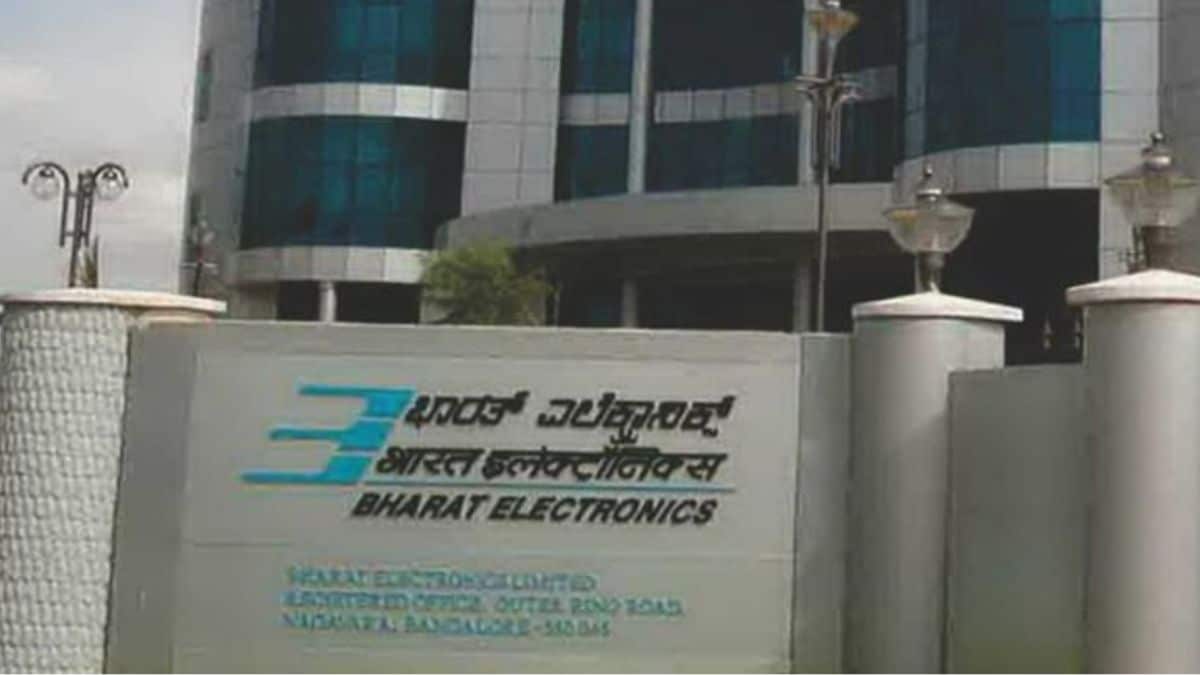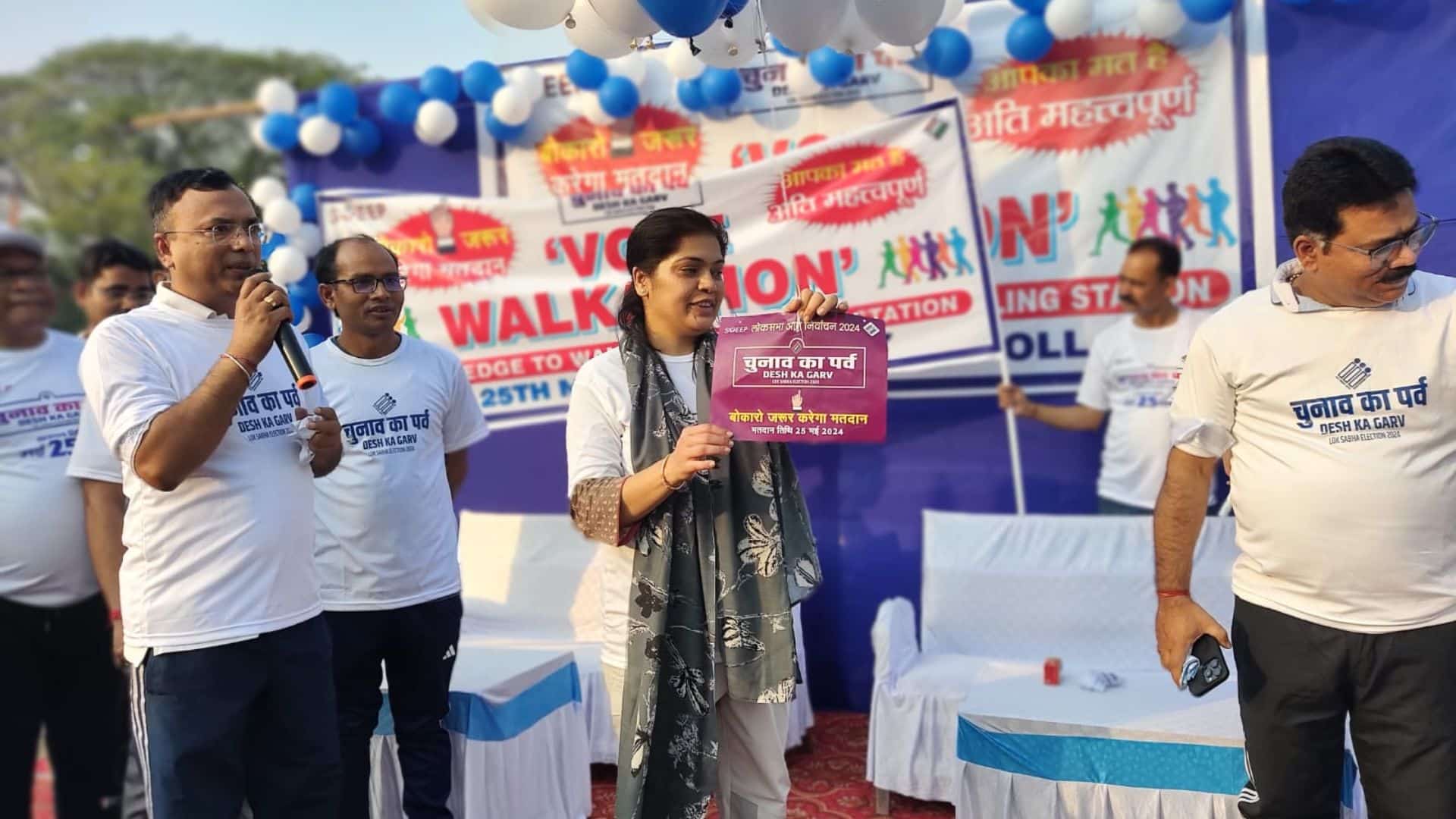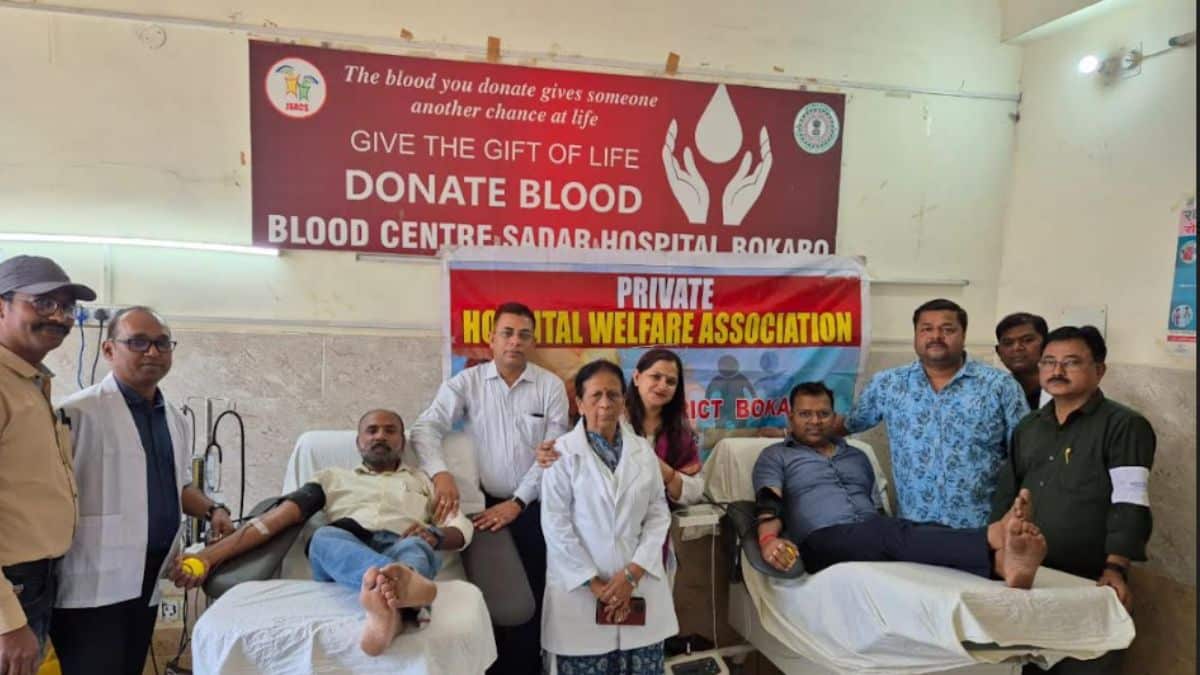Suhani Bhatnagar’s tragic demise underscores the need for caution in medical treatments, prompting crucial precautions for patient safety.
also read Athiya Shetty: 5 Unknown Facts About Athiya Shetty That You Should Know
Introduction: Suhani Bhatnagar
The untimely death of Suhani Bhatnagar, the promising actress known for her role as young Babita Phogat in the movie “Dangal,” has sent shockwaves through the industry. Her passing on Saturday, February 17th, at the age of 19, has raised concerns about the safety of the medical treatments she received, shedding light on the need for caution and vigilance in healthcare practices.
Background and Cause of Death
Suhani had been battling health issues for some time, notably after suffering a leg fracture. However, her tragic demise was attributed to the adverse effects of medications prescribed during her treatment. These medications led to fluid retention in her body, ultimately resulting in her passing.
Career Highlights
Her entry into Bollywood through “Dangal” in 2016 marked the beginning of a promising career. Suhani’s portrayal of young Babita Phogat alongside her on-screen sister Geeta garnered widespread acclaim. Following her success in the film, she ventured into television commercials, showcasing her versatility as an actress.
Social Media Presence
Despite her brief stint in the entertainment industry, Suhani maintained a low profile on social media. With minimal activity on platforms like Instagram, where she had a modest following, her last post dating back to November 2021, she preferred to stay out of the public eye.
Precautions to Ensure Safe Medical Treatment
- Consultation and Second Opinion: Always seek consultation from multiple healthcare professionals, especially for serious medical conditions or complex treatments. A second opinion can provide valuable insights and ensure a comprehensive understanding of your condition and treatment options.
- Medication Awareness: Patients should be aware of the medications prescribed to them, including their names, dosages, and potential side effects. It’s crucial to ask questions and clarify any doubts about the prescribed medications before starting treatment.
- Monitoring for Adverse Reactions: Patients and healthcare providers must closely monitor for any adverse reactions or side effects of medications. Promptly report any unusual symptoms or concerns to your healthcare provider for timely intervention.
- Regular Follow-ups: Regular follow-up appointments with healthcare professionals are essential to monitor the progress of treatment, evaluate any changes in symptoms, and adjust medication regimens if necessary.
- Patient Advocacy: Patients should feel empowered to advocate for their health and safety. If you have concerns about your treatment or medications, don’t hesitate to voice them and seek clarification from your healthcare provider.
Conclusion: Suhani Bhatnagar
The tragic loss of Suhani Bhatnagar serves as a sobering reminder of the importance of patient safety and vigilant healthcare practices. By implementing these precautions and fostering open communication between patients and healthcare providers, we can strive to prevent similar incidents and ensure the well-being of individuals undergoing medical treatment. As we mourn the loss of a talented young actress, let us also honor her memory by working towards a safer and more responsible healthcare system.
also read Suhani Bhatnagar Death











5 thoughts on “Suhani Bhatnagar’s Tragic Demise: Lessons and Precautions for Ensuring Safe Medical Treatment”
Great blog right here! Also your website a lot up very fast!
What web host are you using? Can I get your affiliate hyperlink to your host?
I wish my website loaded up as fast as yours lol
We are using bluehost for hosting.
I every time spent my half an hour to read this web site’s articles or reviews daily along with a mug of
coffee.
It’s an remarkable piece of writing designed
for all the internet users; they will obtain advantage
from it I am sure.
It’s really a cool and useful piece of info.
I’m happy that you simply shared this useful info with us.
Please keep us informed like this. Thank you for sharing.
Comments are closed.